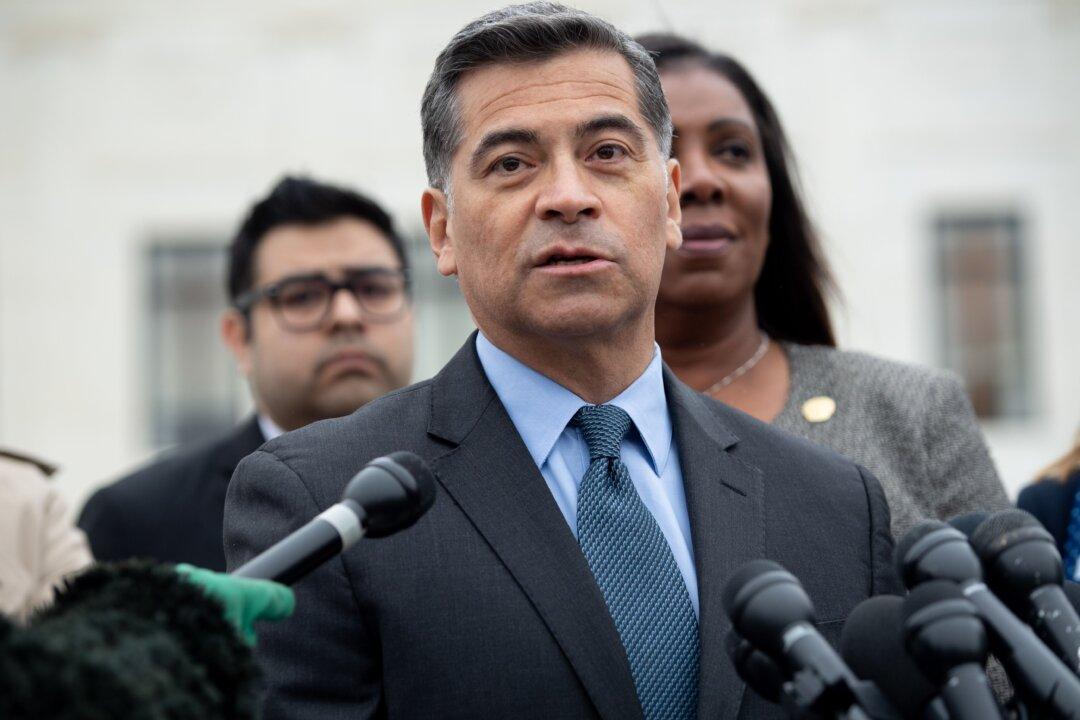A multi-purpose cattle ranch in coastal California with private beachfront property is suing the state over a new law that gives state officials sweeping powers to conduct warrantless searches and inspections of the property in hopes of gaining public access to its beaches in the future.
The lawsuit, cited as Hollister Ranch Owners Association v. Becerra, was filed last month in U.S. District Court for the Central District of California.





